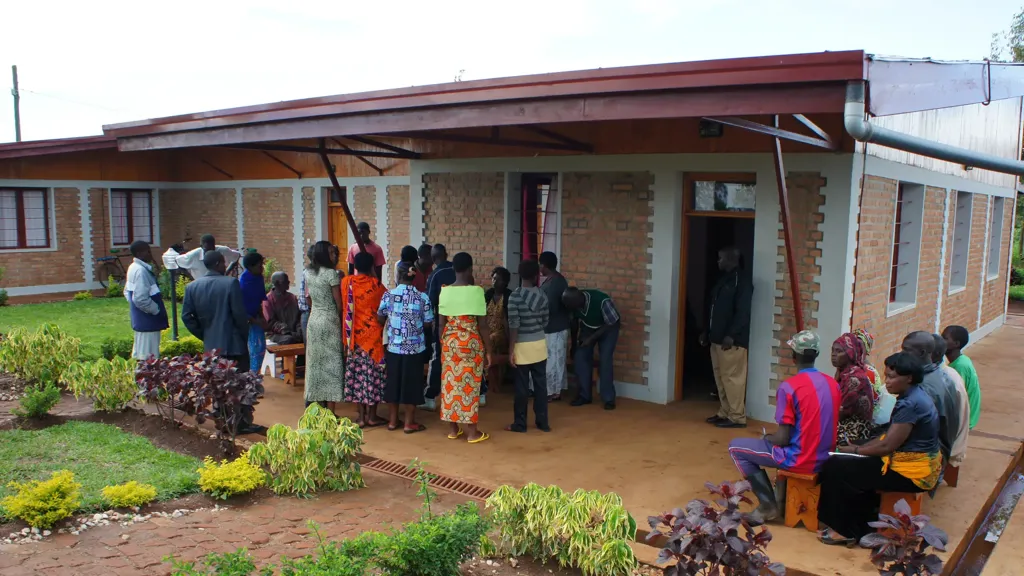Decarbonising healthcare
The healthcare sector is far from immune to the implications of climate change.

Modern healthcare is highly energy intensive and increasing use of medical technology only increases hospital and clinics’ operational costs. By adopting sustainable healthcare principles, healthcare facilities can minimise their ecological footprint, enhance resilience to environmental challenges, and contribute to the well-being of both patients and communities.
With environmental regulation, changing patient expectations and energy price uncertainty all contributing to a raising pressure to decrease the carbon footprint for healthcare, most of our clients want to commit to net zero but do not know where to start. We see the first step to decarbonisation is to define baseline emissions and identify a path forward. Determining this for healthcare can be challenging, medical gases, clinical waste and specialised services are not included in broader emissions frameworks. We will undertake a robust carbon foot printing process measuring emissions directly and indirectly across facilities and operations. This inclusive data can identify key emission sources, give insight into reduction targets, and suggest mitigation strategies for carbon reduction. With this analysis our experts can map a comprehensive path to decarbonisation to not only reduced emissions, but improve operational resilience, prioritise health and safety and reveal opportunities for cost savings.
More broadly, our teams aim to integrate environmentally conscious practices, resource efficiency, and social value into the design, construction, and operation across healthcare infrastructure. We take a comprehensive approach to decarbonisation and sustainability which can include energy efficiency, water conservation, waste management, and indoor environmental quality. It considers emerging technologies, design strategies, and operational practices to reduce resource consumption, mitigate environmental impacts, and promote human health and safety.
Mercy Health is working towards achieving zero greenhouse gas emissions and 100 per cent renewable energy by 2030. To chart a robust pathway to achieve the organisation’s ambitious target, Mercy Health needed a comprehensive baseline data set of their greenhouse gas emissions across Scopes 1, 2 and 3.
We partnered with Mercy Health to develop a methodology to identify and calculate the organisations total greenhouse gas emissions. Together, we delivered one of the first detailed emissions footprints for a health and aged care provider in Australia.
Using this data, Mercy Health can now target interventions to achieve their net zero goal. The organisation now leads the Australian healthcare and aged sectors in understanding their climate impact and collaborates with other organisations to share insights.
Get in touch with our team
Explore
Discover more of our expertise:
Projects
Explore more healthcare projects

Shaping the future of emergency care in the Midlands
Midland Metropolitan University Hospital (MMUH), UK

Ntunga Maternity centre brings vital healthcare access to mothers and children
Ntunga Maternity Centre in Rwanda, Rwanda

A new hospital-based research centre for greater collaboration
Aikenhead Centre for Medical Discovery, Australia

Advising on one of Australia’s most technologically advanced hospitals
The new Royal Adelaide Hospital, Australia
Healthcare
We support healthcare clients across the public and private sector to respond to the pressures of this changing environment – helping them to embrace digitalisation, decarbonisation, automation and improving operational and clinical productivity. Our services span operational strategy and masterplanning, through to technical, engineering and design solutions.

